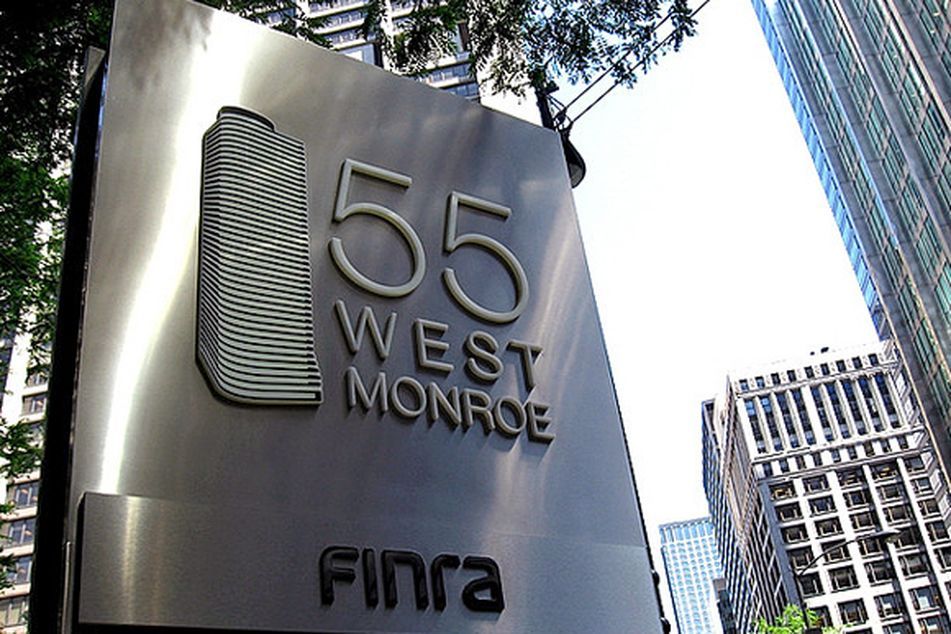Regulators to scrutinize nontraded business development companies

Coming Finra investor alert for business development companies could highlight concerns similar to those of nontraded REITs
Securities regulators are taking a close and careful look at a fast-growing alternative investment known as a nontraded business development company.
The North American Securities Administrators Association is “gearing up to draft a statement of policy” on nontraded BDCs, said Arkansas securities commissioner A. Heath Abshure. Such a statement would include review policies and standards governing the drafting of an offering document for a new fund, he said.
“The attention is on the marketplace,” he said. In the past, one or two filings per year for a new nontraded BDC were typical, he said. Now, there are at least ten either raising money or in line to become offerings, market sources said.
And the Financial Industry Regulatory Authority Inc. is also putting the spotlight on nontraded BDCs. That could include an investor alert that may be released by the end of March, according to a compliance officer at an independent broker-dealer who asked not to be identified.
Such a notice would highlight similar concerns about the product Finra expressed in its investor alert in September about nontraded real estate investment trusts, including “know your customer” guidelines and the lack of liquidity in a nontraded investment, the executive said.
“We’ve heard the same rumblings for a while,” said Michael Forman, chief executive of Franklin Square Capital Partners, the parent company of FS Investment Corp., one of the biggest sellers of nontraded BDCs. “Finra is looking at some kind of release. We’ve talked to some of the states, and there will be new NASAA guidelines for BDCs. In the past, REIT guidelines have been loosely applied, so [the industry] needs new guidelines.”
“We are looking at a number of new products being sold to investors and BDCs are one of them,” Finra spokeswoman Nancy Condon said. “Firms need to do the necessary due diligence and consider whether they are suitable for a particular investor. We conduct account reviews and as part of those reviews we review for suitability.”
No doubt, nontraded BDCs are hot right now.
FS Investment Corp. raised $1.35 billion from sales at independent broker-dealers last year. That made the company the second-largest program sponsor of public, nontraded investments, according to Robert A. Stanger & Co., an investment bank that focuses on such programs, including nontraded real estate investment trusts.
In total, nontraded BDCs raised almost $1.5 billion last year, according to Stanger said. That’s compared with $369 million in 2010, and just $94 million in 2009.
The surge in the number of nontraded BDCs either raising money or in the pipeline reminded one independent-broker-dealer executive of the tremendous growth in the past ten years of nontraded REITs.
“The money-raising sort of reminds me of the hot days in REITs,” said Eric Schwartz, chief executive of Cambridge Investment Research Inc. “There’s the sex appeal of a private-equity situation, combined with the yield play when people are nervous about almost every other type of investment.”
He added: “Performance will tell the story. Three or four years from now, if the sector is raising $5 billion a year, will there be enough [private company debt] out there to buy?”
The sales commission on nontraded BDCs typically is 7%, and the product is supposed to be sold only to those investors with a net worth of $250,000 or more, or a net income of at least $70,000 combined with a net worth of at least $70,000. Investors also are supposed to be informed of the product’s illiquidity.
BDCs invest in the debt and equity of small to middle-market companies, with the debt instruments ranging from the senior-secured level to below-investment- grade, or “junk,” an asset class typically not available to retail investors.
There are about 28 publicly traded BDCs, ranging in market capitalization from $10 million to $3 billion, according to a recent presentation by KBR Capital Partners Inc., due-diligence firm Fact Right LLC and law firm Sutherland Asbill & Brennan LLP.
Learn more about reprints and licensing for this article.








